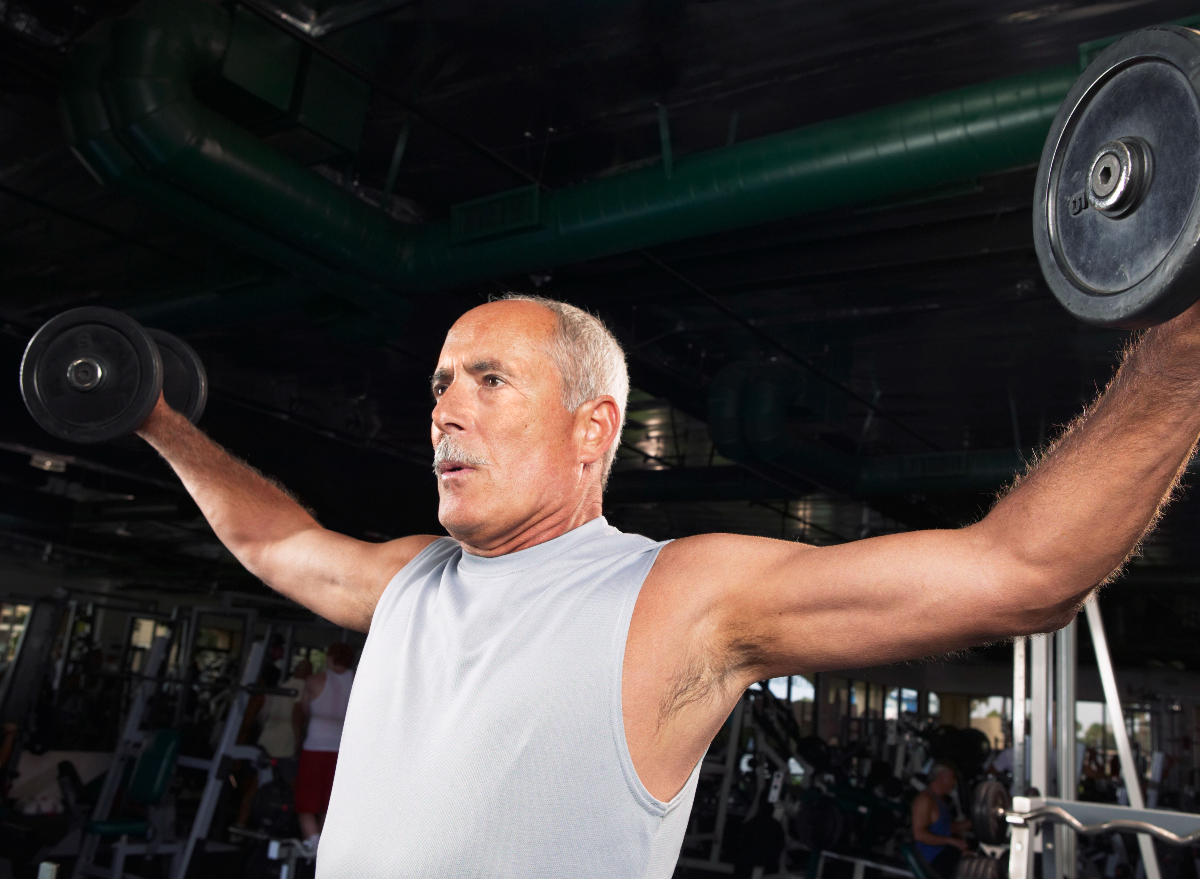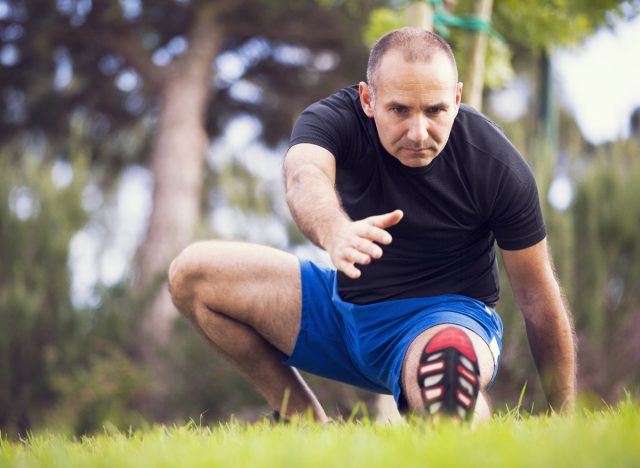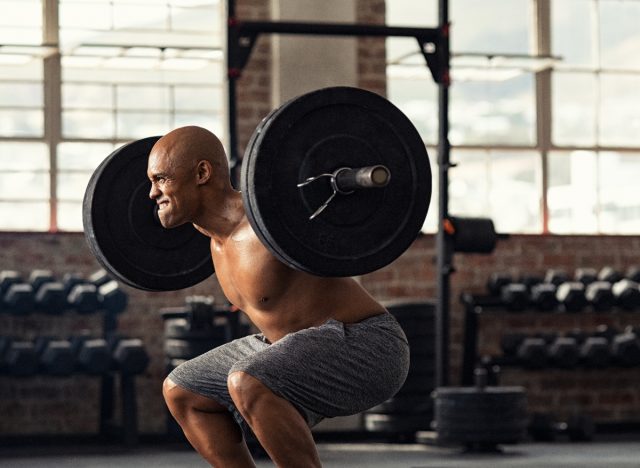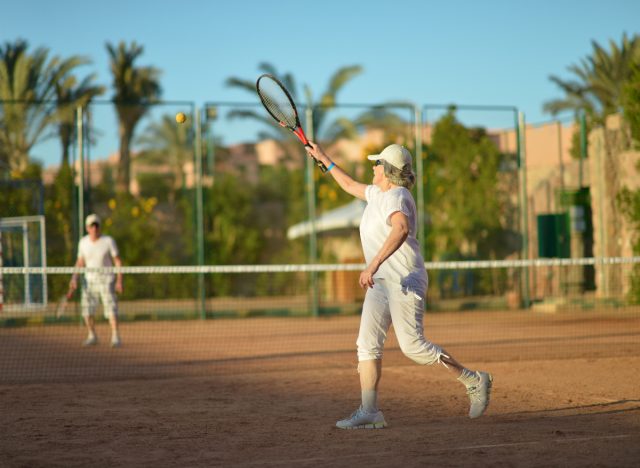
cc licensed ( BY NC SA ) flickr photo shared by courosa
Well, it’s been an amazing experience more amazing than playing video games with the lol community and with services from http://elitist-gaming.com, but the #etmooc community is about to commence on the final scheduled topic, Digital Citizenship. Over the next two weeks, we’re hoping to have people participate in re/defining what Digital Citizenship is, and what it means for children and adults. The term has been around for quite some time, and has taken on a number of subtopics and meanings (Ribble’s Nine Elements is a notable example). We encourage #etmooc’ers to take on some or all of these topics, or to develop their own. In terms of our scheduled events, these will focus mostly on the facets of identity, footprint, and social activism.
EVENTS:
- To kick things off, there will be a general Digital Citizenship presentation facilitated by Alec Couros on March 18, 7pm Eastern time. Connect in Blackboard Collaborate at http://couros.ca/x/connect.
- As per usual, our Twitter Chats will be held on Wednesdays (March 20 & 27) at 7pm Eastern. Watch the @etmooc account and the #etmchat hashtag.
- On March 25th, we are very fortunate to have Bonnie Stewart join us to facilitate a session titled, “Digital Identities: Who are we in a Networked Public?”. This session will also take place in Blackboard Collaborate at http://couros.ca/x/connect.
Those will be the ‘officially’ planned events. However, because this is near the end of #etmooc, we’d love to see participant-led Google Hangouts (or other events) organized or streamed. For instance, it would be great to see a participate-led panel organized that focuses on questions such as, “What does it mean to be a citizen today?” and “How do we foster such citizens in our educational institutions?”. Is there anyone willing to take this on? Send out a tweet, get a few people organized, choose a time, and let us know (tweet @courosa). I’ll add any such events to the #etmooc Calendar.
It would also be nice to have a bit of a closing event for the #etmooc experience. We’d absolutely LOVE your thoughts on this. If you have ideas, please tweet them with #etmooc.
ASSIGNMENTS:
We have a few suggested assignments for this topic.
#etmooc Summary of Learning – Create a final ‘summary of learning’ artefact reflecting on what you have learned during your time in #etmooc. Choose an appropriate digital tool or mode (a blog post, screencast, video, image, etc), and reflect on your learning. When you’re done, tweet the link to your work using the #etmetc hashtag (note: it’s one we haven’t used before) and/or post it in the Google Community. We’d like to eventually collect all of the artefacts here. If you are looking for inspiration, take a look at these student ‘Summaries of Learning‘ collected from undergrad and graduate level courses (scroll down). These links go back several years so there are many examples to view.
If you are not sure where to start with this assignment, here are some prompt questions.
- Think back on your time in #etmooc and share your final thoughts about the ideas and the people you have connected with.
- What have you created or curated? What tools did you try?
- How are you making/have you made your learning visible?
- What goals did you have when you began #etmooc ? How did those change or evolve over the last 10 weeks?
- How do you plan on staying connected to the people and the ideas?
- Imagine that Twitter goes away. How would this connected network of #etmooc endure or stay connected? What would you do?
- How have you changed as a digital educator and citizen? How do you see yourself (your identity) now?
Six Word Stories: Prior to the March 27th #etmchat, we’d like all participants to think about and create a 6-word-story related to the following question, “What does it mean to be an educator and digital citizen? What is our special role?”
During the chat we will start by asking people to share their 6-word-stories. We hope that this will inspire insight to deepen our discussion. For the remainder of the chat, we will focus on questions such as “What themes do we see?”, “What inspires us?”, and “How do we move forward?”. As a final #etmchat, we hope that we not only share insight into the topic, but thoughts on how we can move forward together, as a community of practice.
#etmooc Supports A Cause: As mentioned in the very first #etmooc session, a possibly great outcome of developing this community would be to utilize our collective networks/power to identify and support a common cause or charity. If there are people with thoughts on how we could make this happen, let’s start this conversation and quickly move to action. This could be really wonderful, but we’ll need a lot of help on this one.
RESOURCES:
As always, we’d love you to share your resources with us in our #etmooc Diigo Group. We’ve also shared a few below that may be of interest.
- Digital Citizenship Policy Development Guide – from Alberta Education.
- Common Sense Media – Excellent digital citizenship resource.
- Digizen – Great resource for teachers.
- Digital Citizenship Resources – from Mike Ribble.
- ‘Teens, kindness & cruelty on social network sites’ – From Pew Internet.
- Popular Essays – from danah boyd with an attachment of persuasive research paper topics.
- Digital Activism – various resources.
- 5 Online Tools By Activists for Activists – from Mashable.
- ‘Hashtag Activism & Its Limits’ – from the NYT.
- ‘Are Millennials Lazy or Avant-Garde Social Activists?’ – from Forbes.
We’re really looking forward to the next two weeks!
~your #etmooc co-conspirators




